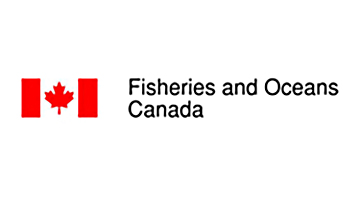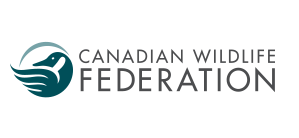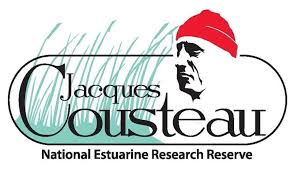Seal Hunt Supporters
Many national and international conservation organizations have expressed support for Canada’s seal harvest. Their recognition highlights the sustainability and value of this carefully managed and regulated hunt.
Supporters of Canada’s seal hunt: in their own words
The federal government, through Fisheries and Oceans Canada, unequivocally supports the seal harvest and world market access for its products:
“The Canadian government believes in the sustainable use of a renewable resource such as the harp seal. As with all Canadian fisheries, Fisheries and Oceans Canada supports and regulates the seal harvest and is committed to ensuring it is sustainable and conducted safely and humanely.
The Canadian seal harvest is one of the world’s most highly regulated and monitored harvests of wild animals. It is an important economic and cultural activity in communities in Atlantic Canada, Quebec and the Arctic.”
—Fisheries and Oceans Canada, link: The importance of the seal harvest
World Wildlife Fund (WWF) Canada, one of the world’s leading conservation organizations, is closely monitoring the seal hunt, and is satisfied with the associated practices, as well as the health of harp seal numbers.
In its position paper on the hunt, WWF stated:
“From the perspective of a conservation organization, the harp seal population is at a near record high with an estimated eight million individuals. Current harvest levels pose no threat to the long-term health of the species at this time.”
—WWF Canada, link: Position Statement: Harp Seal Hunt in the Northwest Atlantic Ecoregion
Sustainable, respectful, and economically viable
Other organizations have also evaluated Canada’s seal populations, and the viability of the harvest.
Smarter Seafood publishes an annual eco-guide—a list of St. Lawrence marine species that are edible, found in sufficient quantities, and harvested with respect for the seabed. The goal of Smarter Seafood is to promote lesser known but nutritious and sustainable food species. Both harp seal and grey seal are on Smarter Seafood’s most recent list. Smarter Seafood follows the guidance of marine researchers and biologists in compiling its list.
On a global level, the International Union for the Conservation of Nature (IUCN) is the go-to source for the up-to-date conservation status of animal, plant, and fungi species. The IUCN Red List of Threatened Species lists both harp seal and grey seal as species of Least Concern.
Similarly, the Convention on International Trade in Endangered Species of Wild Fauna and Flora (CITES) does not list or put any restrictions on trade relating to harp seal, grey seal, ringed seal, or harbour seal.
CITES is an international agreement between governments that ensures the international trade of wild animals and plants does not threaten their survival. The Convention is applied in Canada in accordance with the Wild Animal and Plant Trade Regulations (WAPTR) made under the Wild Animal and Plant Protection and Regulation of International Trade Act (WAPPRIITA). The above seal species are not listed in WAPTR either—further confirmation of their abundant populations. (Environment Canada to Seals and Sealing Network letter regarding species of seals protected under CITES (July 2, 2020))
Opposition to Canada’s seal hunt tends to ignore these facts and instead targets the emotions of those far-removed from the reality of an environmentally responsible hunt. We offer the last word to the famous French conservationist Jacques Cousteau, who criticized the anti-sealing movement back in 1978:
“We have to be logical. We have to aim our activity first to the endangered species. Those who are moved by the plight of the harp seal could also be moved by the plight of the pig — the way they are slaughtered is horrible.”
—Jacques Cousteau





